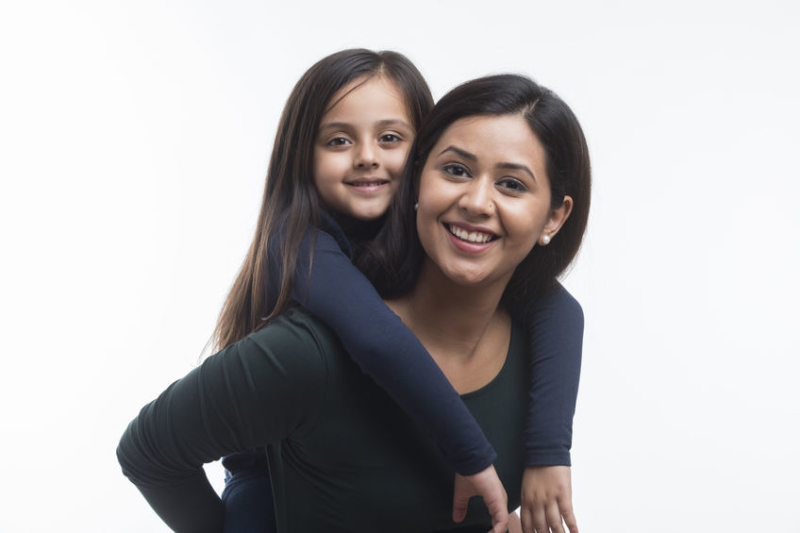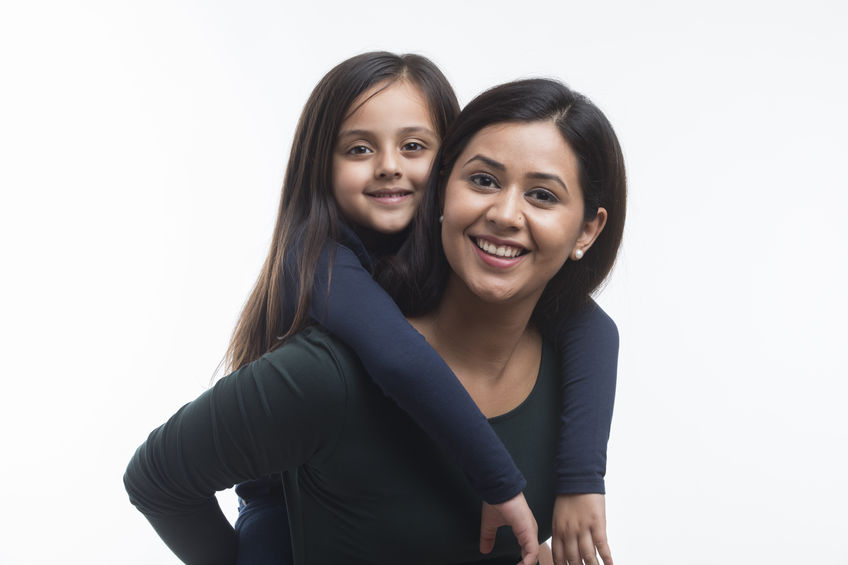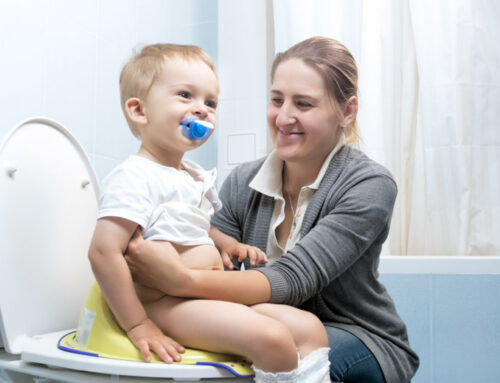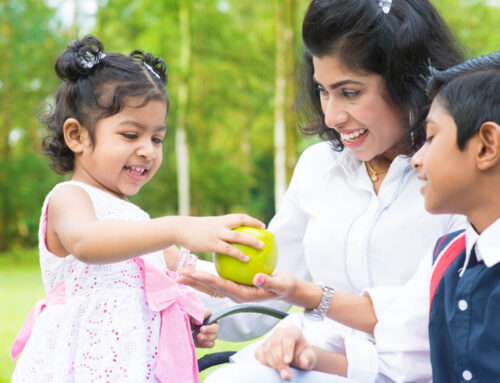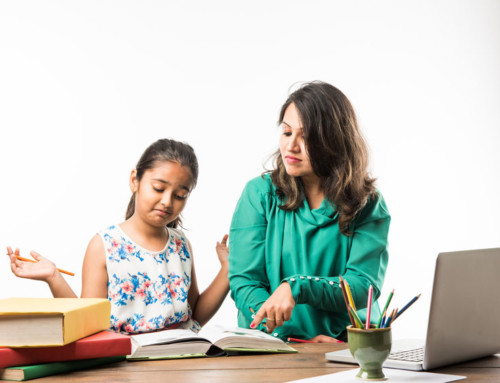Undoubtedly parenthood is a huge responsibility, which gets doubled if you are a single parent. When the entire onus of raising the child falls on one parent, the responsibilities, duties, pressures, and tensions increase double fold. Either due to death, separation, or divorce, parents may have to take care of the child single-handedly. The task is herculean and needs a lot of dedication and grit.
Tragically, even in this day and age, society in some parts of the world, do not place single-parent families on the same platform as families with both parents. This is especially true where single parenthood is a result of separation or divorce. Such families and children may have to face social stigma, which is based on half-truths and prejudices. This is much lesser in metros and advanced societies in comparison to smaller towns or areas with low levels of education and awareness. Also, the rise in levels of education among women no longer binds them in a marriage just for the sake of financial security that a husband may provide. This has somewhat led to an increase in the number of single-parent families, as couples look for a peaceful life on their own terms instead of being stuck in an unhealthy relationship. This is better even for the children, as they grow up in a balanced peaceful environment with a single parent instead of being stifled in a quarrelsome household with high levels of anxiety.
Through this article, we will attempt to eradicate certain myths surrounding single parenthood.
Children from single-parent families are often a lot more independent and street smart. Single parents depend on them to take care of themselves and sometimes of minor chores at home –so children belonging to such families become mature and responsible much faster. However, the scenario is different when it comes to monetary stability. Some single-parent families may find it difficult to earn sufficient money to take care of children, resulting in problems, which are associated with low-income families. Conversely, if the single parent (father or mother) is earning well, they squander extra money on their children perhaps to cover up for being unable to spend enough time at home with the child (because they have to be away at work to earn a living for the family)
Below are some things worth noting if you are a single parent:
The first few years matter the most
The first few years after divorce, separation, or death, where the child becomes a single parent-child are the most crucial to handle. These years will form the norms of behavior and patterns of what to expect for the child. These years generally show that the kids have higher rates of antisocial behavior, aggression, anxiety, and school problems than children in two-parent families. Most of the above are contributed by a decrease in available resources and adult supervision. Hence explaining and talking to your child, in such a way that they understand what is happening is very important. Make sure that every hour you spend with your child is quality driven. Open discussions and a positive environment are very important.
Your attitude counts
Your attitude will be picked up and emulated by your children. So stay positive.
That’s always the best way of getting through life and its difficulties. And it’s even more important for a single parent to understand this because they are the only adult in the family. And are singularly responsible for their children. Remember that you are not at fault for your child’s situation. So don’t blame yourself for it. Know well enough that you can bring up your child on your own and the child will turn out to be a responsible and confident adult. Have faith and move ahead with it. When you are in the position of a single parent, the possibilities are that the pressures and tensions will get to you. Try never to let your bad experience and bitterness rub off on the child. If you behave like a victim, your child will too. If you are positive and optimistic, your child feels the same way. Don’t curse or abuse your ex-spouse in front of your child. Talk to your child regarding separation, (if he or she wants to know) without making the other spouse a villain. Negativity in the child’s mind will only lead him to negative relationships as an adult.
Stay positive and teach your child about the importance of companionship and friendship. Remember that you cannot be both the mother and the father in the relationship. If you make your child understand that “this is the way things are and you and I need to make the best of it”-they will understand. And chances are that they will also support you to make it happen.
Consistency – Same message in the same style
To discipline and give values to a child, the most important factor is consistency. You must not shift your stand on the things that you expect from your children. In the case of single-parent families, this might be easier to do than in double parent families since there is only one parent and therefore only one point of view. When there is a duality in messages, children are the first ones to pick them out. The child uses this difference in opinion to his or her advantage. Hence as a single parent, you must be very clear on what you want for your child and stick to it without feelings of sympathy that may come to your mind due to the fact that your child is raised by a single parent. This will help discipline him or her. We are recommending that instead of being sympathetic towards the child (which may end up in too many liberties being given which may not be good for the child), be empathetic (understand the child’s situation, help them deal with it, and raise them as disciplined children)
Monitoring
Because of the hazards of everyday living, children require constant monitoring. If they are young, they are prone to sticking their fingers in the light socket or get too close to railings, etc. Older children get into all sorts of day-to-day trouble and need adult help and supervision.
Some studies indicate that single parents may be better at monitoring their children because they know it is their responsibility to do so, and hence they don’t depend on anyone else. However, since a single parent may have to work to support the family they need to fall back upon family/friends or caretakers/daycare facilities to monitor the children during the day. Please exercise a lot of care and caution in deciding who your child’s caretaker is. It is important that you share your value system, what you consider right and wrong, what are the things that your child may or may not be a part of-with the caretaker. This is important because the child will be spending considerable amounts of time with the caretaker and the caretaker must reinforce what you already tell the child. This will ensure consistency.
Attention – be balanced
If the parent has gone through a divorce recently, the child may be emotionally vulnerable. He may have thoughts of “an incomplete” family, may miss the other parent, or may have many other thoughts going through his head-which may make him unhappy and emotionally disturbed. Spend time with the child. At an appropriate time tell the child that there are now the two of you and that’s not too bad because you will make the best of it together.
That being said do not make the child the center of your world. Let him occupy himself in things that he would otherwise have done even if you were in a dual-parent household. He could just be playing around the house or watching TV or chatting with a friend. Let him be and enjoy all those things instead of hovering around and making him uncomfortable, and spoiling him silly.
One anchor
A child, who has already lost one parent, needs a solid anchor. While you may be using your support system to take care of the child while you go to work or take time out for yourself, be sure that your child does not get the impression of being passed on from one well-wisher to another during the week. This may make the child feel that he is someone who is coming the way of your life and is a burden on you!
Take the correct decision
As a single parent, you are “singularly” responsible for taking decisions related to all aspects of the child’s future on your own. These may be educational, financial, family, health, or any other decisions. Keep a long-term and a short-term horizon in mind while planning for your child’s future. It would be wise to consult your family, your trusted friends, or even your ex-partner (if you are separated or divorced). Varied people have different kinds of information/knowledge/experience, and you will definitely benefit from this consultation. After you have gathered all the information, do what you think is appropriate-because no one knows your situation and your child as well as you do. One way or the other, the responsibility rests with you.
Don’t put yourself on the side burner
As a single parent, remember that you will be more stressed than before. You must not put your own emotional or health issues on the side, because they will come back with a vengeance later on. Hence take care of your own health. If you are happy and healthy, you have higher chances of raising a child who is happy and healthy. Plan your doctor visits along with your child. Don’t give up on your social life due to guilt. Find time for yourself every now and then to rejuvenate and recuperate. Don’t feel bad about having fun. Or about having extra help around the house for cooking or cleaning Don’t give up on “me” time in favor of time for “my child”. Because if you do, you will be unhappy, and it’s much more important for your child to have a happy parent than to have an unhappy parent who is with him 24X7.
Peer pressure and society
Annual days or parents’ day at school may be an occasion where your child will feel the heat of being a single parent-child even more. For days as these prepare yourself and your child in advance. The way you communicate this fact to your child will depend entirely on his age. Be sensitive; yet give your child answers to deal with uncomfortable scenarios and questions. His attitude towards the issue will depend on you and will form an integral part of his growing up. Make sure “single parent” is not an issue in your child’s mind. Depending on the child’s age, you should prepare the child to answer a question about the other parent, in a normal manner. (So if someone asks “Where is your father”. The child should say “My parents are separated and I live with my mother”) It will be as easy as you make it out. Make sure your child does not indulge in any self-pity, because this may lead to behavioral / personality disorders.
Breaking some myths about single-parent families:
Myth: Children from single-parent families don’t do well in school and get into trouble and are generally lawbreakers.
Truth: Many single parents have raised well-behaved, responsible, and successful children. The lack of discipline in a child cannot be attributed to single parenthood. Even double parent families can have similar issues. As long as the parents (dual or single) ensure that the children get the right values, positive discipline, and grow up in an emotionally secure environment they can raise disciplined children.
Myth: Due to witnessing bad relations with their parents, single parent children can never have healthy relations in the future.
Truth: In fact, it has been proven via research that a child of divorced parents will put more effort into a relationship to make it work. How a single parent will deal with separation bitterness will make a lot of difference to the child’s psyche, Never show your bitterness for your ex-spouse (if you still harbor any) in front of your child. Talk about your separation and say that both parents could not agree on how to lead their life together in the future, and therefore thought it better to end the marriage. That’s a positive way of putting it and the child will understand that relationships need to be nurtured.
Myth: Children require both parents to grow up feeling emotionally secure. After a separation or death of a parent, the parent who has the custody of the child must remarry.
Truth: Statistics have proven that step-parent families are no better off than single-parent families. Even though the financial status of the families may be a notch better, step-parent families have their own set of troubles and problems. The biggest risk is different parenting styles and conflicts, which might harm the growth of a child. Also, children who are old enough to understand the situation might find it difficult to accept a new person in the role of their mother or father. A single parent is as capable of bringing up a balanced child as two parents.
Click here for Case Study on Single Parenting
Top Questions on Single Parenting
- I am a working single parent and cannot fulfill the roles of both parents. I sense my child feels a vacuum when she sees the fathers of other kids doing things with them. How can I make up?
- I lost my wife due to health issues 6 months back. I feel very guilty that my children don’t have the love of a mother. Should I re-marry just to provide my children the love of both parents?


